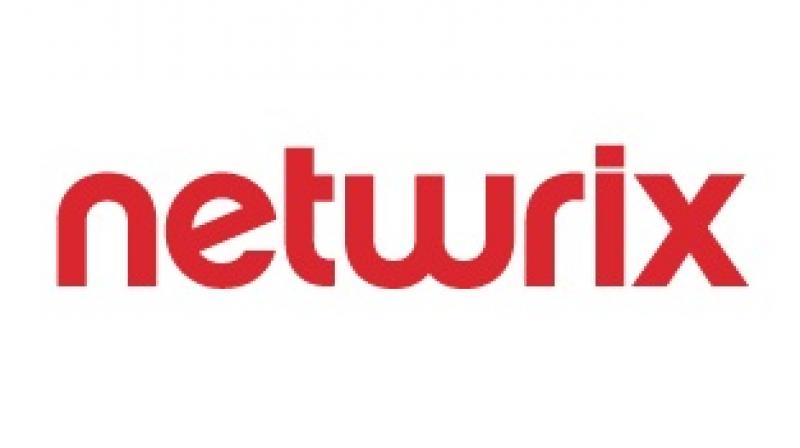Netwrix Auditor gets data discovery and classification functionality

Netwrix Corporation is a provider of a visibility platform for data security and risk mitigation in hybrid environments, has announced the release of Netwrix Auditor – Data Discovery and Classification Edition. The new edition provides complete visibility into where sensitive files are, what content is inside them, who can access these files and who actually uses them, so organisations can mitigate the risk of data breaches and prove the effectiveness of their security controls.
Netwrix Auditor was developed in partnership with Concept Searching, a semantic metadata generating organisation. The solution empowers risk, compliance, data security officers and IT security pros to prioritise their efforts and secure data in accordance with its value or sensitivity. It enables them to mitigate the risk of PII, PHI, PCI and IP being stored outside dedicated locations and apply controls and policies consistently and accurately, so their organisation can ensure both data security and regulatory compliance.
The key features include:
Deep insight into sensitive data: New predefined reports provide visibility into where sensitive files are, what content is inside them, who can access the files and who actually uses them. Subscriptions automate report delivery to any stakeholders.
Fast and accurate search of sensitive data: The new edition is to quickly hone in on files containing very specific information — without any downtime or having to create new rules. For example, you can quickly find all personal data related to an individual in order to comply with the GDPR’s “right to be forgotten.”
Reusable index: An ability to accumulate complex, multi-term metadata — not based on phrases, proximity, keywords or pre-configured taxonomies — eliminates the need to re-index the entire data repository whenever a classification rule is added or changed.
Predefined and custom discovery rule: Providing rules for identifying data protected by GDPR, PCI DSS, HIPAA and other regulations simplify the discovery process. Granular settings can be customised to find the exact data that matters to the business.
Statistical, concept-based analysis: Statistical analysis of multi-word concepts promises a better understanding of the sensitive information patterns specific to the organisation and provides more relevant results than are possible by relying solely on keywords and semantic analysis.
Incremental indexing: New files and changes to existing files are automatically detected and quickly indexed and classified, without full recollection.
Click on Deccan Chronicle Technology and Science for the latest news and reviews. Follow us on Facebook, Twitter.

